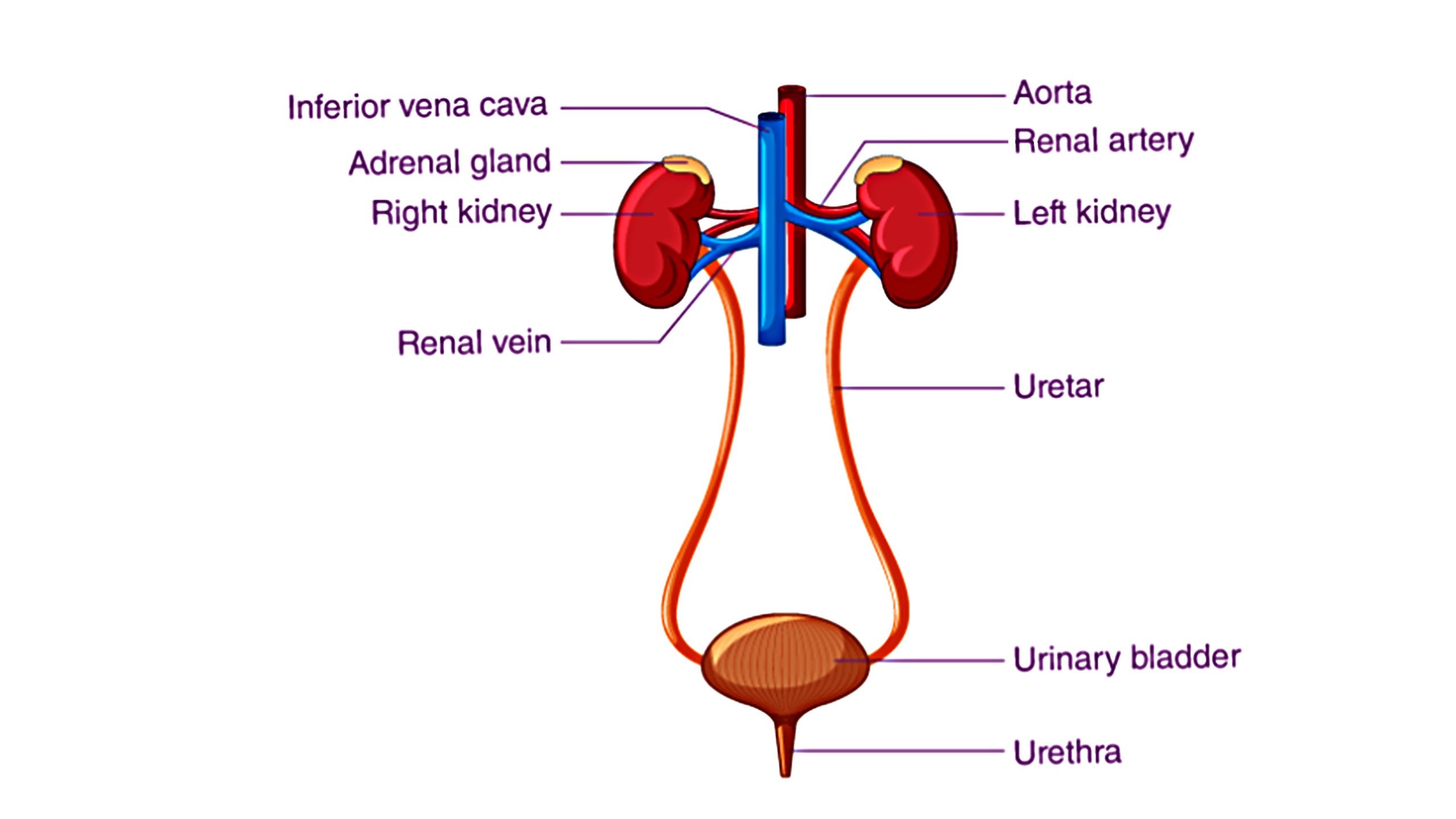
Get ready to dive into the fascinating world of the excretory system with these 11 excretory fun facts! The excretory system plays a crucial role in maintaining the body’s internal balance by eliminating waste and regulating bodily fluids. From the intricate workings of the kidneys to the surprising functions of sweat, urine, and more, there’s a lot to uncover about this often overlooked system. Whether you’re a biology enthusiast or just curious about how your body works, these fun facts will shed light on the amazing capabilities of the excretory system. So, let’s embark on a journey to explore the remarkable world of excretion!
Key Takeaways:
- The excretory system, including the kidneys, liver, and skin, helps the body get rid of waste and maintain a healthy balance. It’s like a built-in cleaning crew that keeps our bodies running smoothly!
- Keeping hydrated is super important for the excretory system to work well. It’s like giving the body’s waste management team the water they need to keep everything flowing and functioning properly.
The Excretory System is Vital for Maintaining Homeostasis
The excretory system plays a crucial role in maintaining the body’s internal environment by eliminating metabolic wastes and maintaining the balance of water and electrolytes. It consists of several organs, including the kidneys, ureters, bladder, and urethra, working in harmony to remove waste products from the body. This intricate system ensures the body’s internal environment remains stable, allowing cells to function optimally.
The Kidneys Are the Masterminds of Waste Management
The kidneys, shaped like beans, are responsible for filtering waste products, excess ions, and water from the blood to form urine. This process helps regulate the body’s electrolyte balance and blood pressure. The kidneys also play a vital role in the production of hormones that regulate red blood cell production, blood pressure, and calcium metabolism.
Urine Is More Than Just Waste
Urine, often dismissed as merely waste, actually provides valuable insights into an individual’s health. Its composition can reveal important indicators such as hydration levels, kidney function, and the presence of certain medical conditions. The color, odor, and frequency of urination can offer valuable clues about an individual’s overall well-being.
The Liver: A Multifunctional Organ
While the liver is primarily known for its role in detoxification and metabolism, it also contributes to the excretory system. It processes and eliminates a wide range of waste products, including bilirubin, cholesterol, drugs, and other toxins. Additionally, the liver produces bile, which aids in the digestion and absorption of fats.
Sweat: The Body’s Cooling Mechanism
Sweat, produced by the sweat glands in the skin, serves as a vital component of the excretory system. Beyond regulating body temperature, sweating eliminates small amounts of metabolic waste products, such as urea and ammonia, contributing to the overall excretory function of the body.
The Role of the Skin in Excretion
While often overlooked, the skin plays a significant role in excretion. It excretes small amounts of waste products through sweat, but its primary function in the excretory system lies in the elimination of excess water and electrolytes, aiding in the body’s overall fluid balance.
The Importance of Bowel Movements
Bowel movements are a critical aspect of the excretory system, allowing the body to eliminate indigestible food, bacteria, and metabolic waste products. Regular and healthy bowel movements are essential for maintaining digestive health and overall well-being.
Regulation of Acid-Base Balance
The excretory system plays a pivotal role in regulating the body’s acid-base balance by controlling the excretion of hydrogen ions and the reabsorption of bicarbonate ions in the kidneys. This process is essential for maintaining the body’s pH within a narrow, optimal range.
Disorders of the Excretory System Can Have Serious Consequences
Disorders affecting the excretory system, such as kidney disease, urinary tract infections, and liver dysfunction, can have profound effects on overall health. These conditions can disrupt the body’s waste elimination processes, leading to a buildup of toxins and metabolic waste products, potentially causing severe complications.
Hydration Is Key for Optimal Excretory Function
Adequate hydration is essential for supporting the excretory system. It ensures the kidneys can effectively filter waste products and maintain the body’s fluid balance. Dehydration can impair excretory function, leading to concentrated urine and potential kidney issues.
The Excretory System: A Marvel of Biological Engineering
The intricacies of the excretory system highlight the marvels of biological engineering. Its ability to efficiently remove waste products, regulate fluid balance, and maintain internal stability is essential for sustaining life and overall well-being.
Conclusion
Understanding the excretory system is crucial for grasping the body’s remarkable ability to maintain balance. From the kidneys’ filtration process to the vital role of the skin in waste removal, the excretory system is a marvel of biological engineering. By comprehending the excretory system’s functions and the importance of maintaining its health, individuals can make informed choices that contribute to their overall well-being. As we continue to unravel the complexities of the human body, the excretory system stands as a testament to the intricate mechanisms that sustain life.
FAQs
What are the main organs of the excretory system?
The main organs of the excretory system are the kidneys, ureters, urinary bladder, and urethra. These organs work together to eliminate waste products from the body.
How does the excretory system help maintain homeostasis?
The excretory system helps maintain homeostasis by regulating the balance of water, electrolytes, and other substances in the body. It removes waste products and excess substances to keep the internal environment stable.
What role does the skin play in the excretory system?
The skin plays a crucial role in the excretory system by excreting small amounts of waste products through sweat. This process helps regulate body temperature and eliminate certain substances from the body.
Why is the excretory system essential for overall health?
The excretory system is essential for overall health because it eliminates waste products and regulates the body’s internal environment. By removing harmful substances and maintaining balance, the excretory system supports the proper functioning of other bodily systems.
Was this page helpful?
Our commitment to delivering trustworthy and engaging content is at the heart of what we do. Each fact on our site is contributed by real users like you, bringing a wealth of diverse insights and information. To ensure the highest standards of accuracy and reliability, our dedicated editors meticulously review each submission. This process guarantees that the facts we share are not only fascinating but also credible. Trust in our commitment to quality and authenticity as you explore and learn with us.


